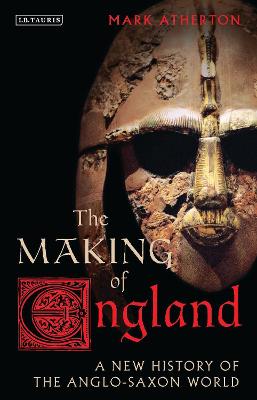Library of Medieval Studies
1 total work
During the tenth century England began to emerge as a distinct country with an identity that was both part of yet separate from 'Christendom'. The reigns of Athelstan, Edgar and Ethelred witnessed the emergence of many key institutions: the formation of towns on modern street plans; an efficient administration; and a serviceable system of tax. Mark Atherton here shows how the stories, legends, biographies and chronicles of Anglo-Saxon England reflected both this exciting time of innovation as well as the myriad lives, loves and hates of the people who wrote them. He demonstrates, too, that this was a nation coming of age, ahead of its time in its use not of the Book-Latin used elsewhere in Europe, but of a narrative Old English prose devised for law and practical governance of the nation-state, for prayer and preaching, and above all for exploring a rich and daring new literature. This prose was unique, but until now it has been neglected for the poetry. Bringing a volatile age to vivid and muscular life, Atherton argues that it was the vernacular of Alfred the Great, as much as Viking war, that truly forged the nation.
